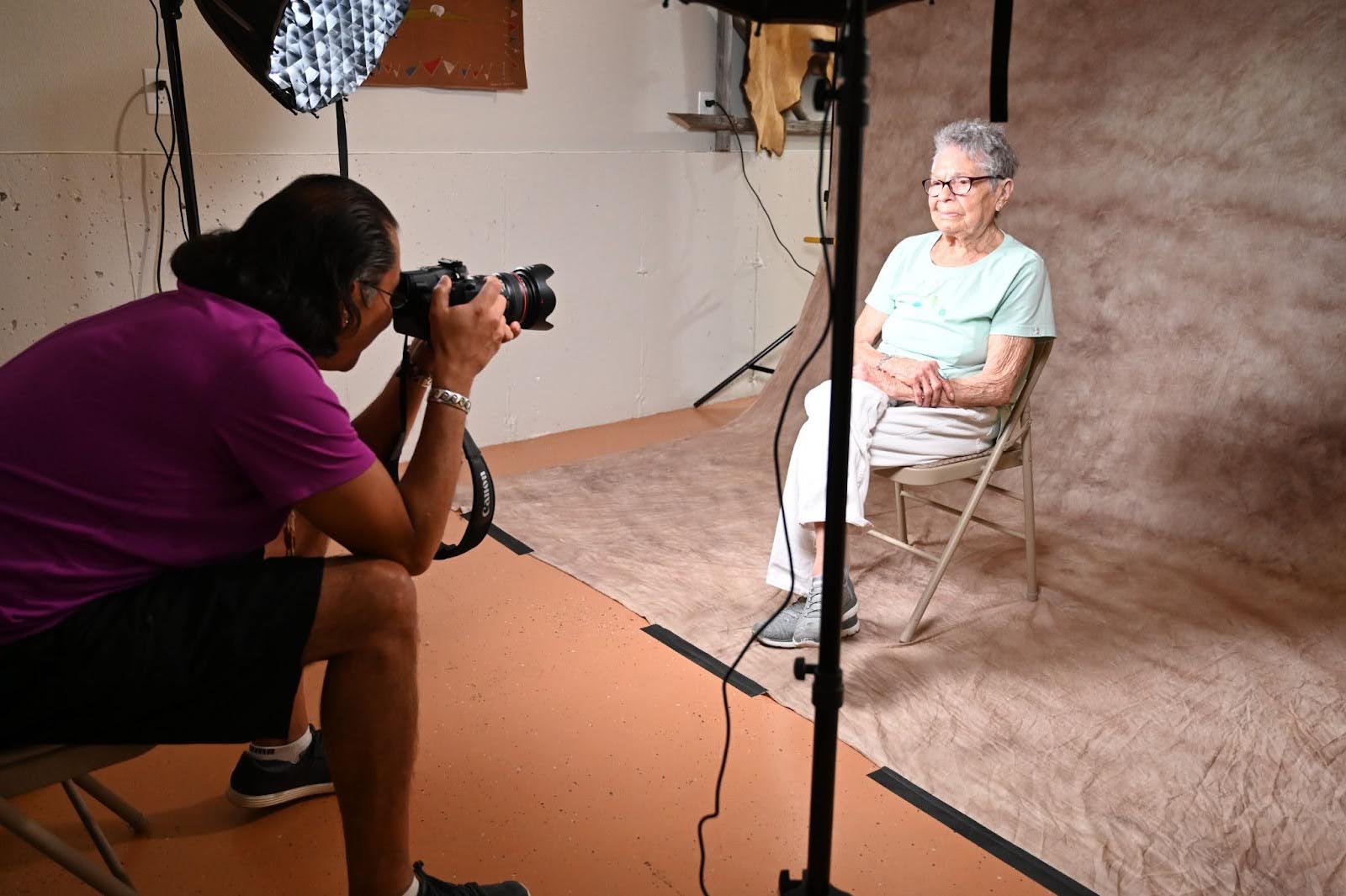
- Details
- By Native News Online Staff
The National Native American Boarding School Healing Coalition (NABS) has announced the 16th stop of its Oral History Project, set for November 17–21, 2025, at the Hyatt Regency Tamaya Resort and Spa in Santa Ana Pueblo, New Mexico.
The organization is inviting Native American boarding school survivors who attended before 1970 to participate in the effort, which preserves survivors’ stories through professionally recorded video interviews. Each interview will become part of a permanent collection housed at the Library of Congress, ensuring that survivors’ voices and experiences are preserved for future generations.
NABS’s visit to New Mexico represents a significant opportunity for boarding school survivors and their families to share their personal histories as part of a national effort to acknowledge and reckon with the legacy of federal Indian boarding schools. The project is a cornerstone of the U.S. Department of the Interior’s Federal Indian Boarding School Initiative, a historic undertaking to document and understand the lasting impact of the boarding school era.
"It is increasingly urgent that we hear the voices of all boarding school survivors," said Jason Packineau (MHA Nation/Jemez/Laguna), NABS Senior Director of Strategic Initiatives. "As we prepare to visit New Mexico, NABS remains committed to creating safe and healing spaces for our relatives who bravely choose to share their stories. It is with love and care that we make our journey to the Southwest."
Because interview slots are limited, NABS encourages survivors to register early.
Event Details:
-
Dates: Monday, November 17 – Friday, November 21, 2025
-
Location: Hyatt Regency Tamaya Resort and Spa, 1300 Tuyuna Trail, Santa Ana Pueblo, NM 87004
-
Who Should Participate: Survivors who attended a federally supported Indian boarding school in the U.S. by 1970. Interviews are by appointment only.
-
Registration: Register here or call 651-650-4445
The Oral History Project will conclude its 2025 travels in Arizona. For more information, visit boardingschoolhealing.org/oral-history-project or contact the project team at [email protected].
More Stories Like This
Native News Weekly (August 25, 2024): D.C. BriefsUS Presidents in Their Own Words Concerning American Indians
Monday Morning (December 22, 2025): Articles You May Have Missed This Past Weekend
Read What Our Year-End Campaign Donors Are Saying
Michigan Legislature Takes Action to Honor Civil War Native Sharpshooters
Help us defend tribal sovereignty.
At Native News Online, our mission is rooted in telling the stories that strengthen sovereignty and uplift Indigenous voices — not just at year’s end, but every single day.
Because of your generosity last year, we were able to keep our reporters on the ground in tribal communities, at national gatherings and in the halls of Congress — covering the issues that matter most to Indian Country: sovereignty, culture, education, health and economic opportunity.
That support sustained us through a tough year in 2025. Now, as we look to the year ahead, we need your help right now to ensure warrior journalism remains strong — reporting that defends tribal sovereignty, amplifies Native truth, and holds power accountable.
 The stakes couldn't be higher. Your support keeps Native voices heard, Native stories told and Native sovereignty defended.
The stakes couldn't be higher. Your support keeps Native voices heard, Native stories told and Native sovereignty defended.
Stand with Warrior Journalism today.
Levi Rickert (Potawatomi), Editor & Publisher


